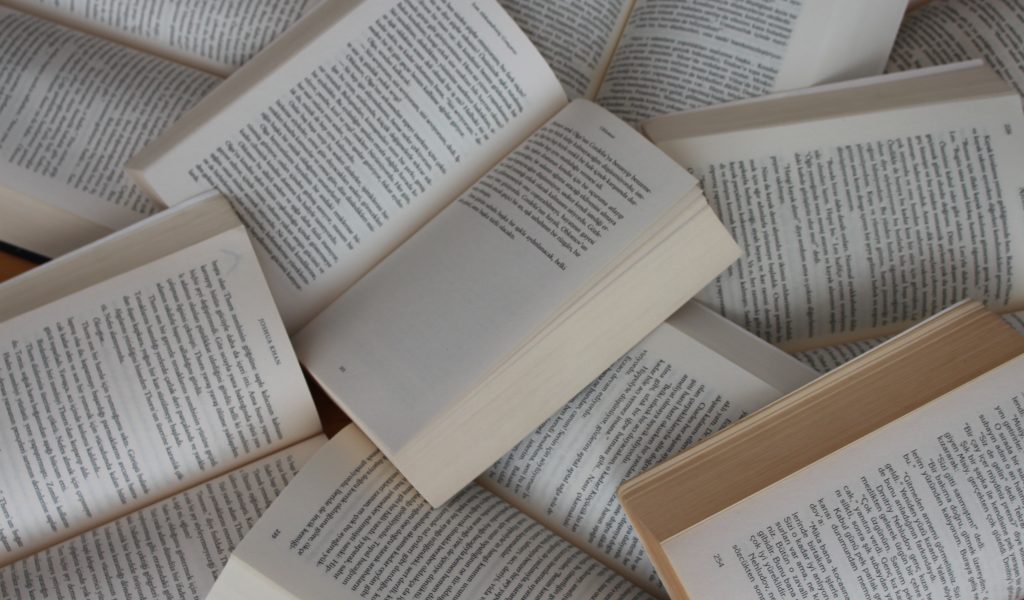Prince Harry’s Spare and the rise of the memoir

Lucy Pughe-Morgan analyses the influx in memoir publications over the past decade and considers their impact on the literary scene.
Royal bombshell, Prince Harry, has sparked debate over the most talked about members of the royal family with the release of his new book. Spare has shown how the fake news and tabloid stories that plague our perception of celebrities can be set straight through the memoir- allowing for a real understanding of the lives that have been defined by OK! Magazine headlines.
The cathartic nature of writing has grown as a popular form of therapy, particularly in an era where you can’t even read the back of a cereal box without seeing some sort of self-care quote telling you to ‘live, laugh, love’ over your bowl of Weetabix. But what makes a memoir actually worth publishing?
The cathartic nature of writing has grown as a popular form of therapy, particularly in an era where you can’t even read the back of a cereal box without seeing some sort of self-care quote.
If we look back on the lives of Anne Frank or Vera Brittain, writing their harrowing stories of living through some of the worst years in history, the case for the validation of memoirs is solid- their stories are inspiring, important and beautifully written.
Take a closer look at the twenty-first century, however, and the pool of worthwhile memoirs is diluted by the likes of Paris Hilton. Offering life advice on retail therapy, dumbing yourself down to attract men, and dedicating a whole chapter to her chihuahua- Paris: The Memoir certainly isn’t for everyone.
One could argue that just because our problems aren’t all the same, it doesn’t mean they are not valid. Having said that, when Justin Bieber wrote in his teen memoir First Step 2 Forever that his most horrific life experience to date was that he flunked his driving test- it seemed a little out of touch. Whilst I’m not suggesting that we have to live through a world war to have a life worth writing about, maybe we should at least have passed puberty.
One could argue that just because our problems aren’t all the same, it doesn’t mean they are not valid.
Dolly Alderton’s Everything I Know About Love has become a university girls classic with snippets of her hilariously wild life polished off with a didactic tone. Tiffany Haddish’s honesty in The Last Black Unicorn is a perfect balance of dating horrors and the complicated nature of domestic violence. Even Phill Collins’ Not Dead Yet deserves a shoutout- he practically resurrected himself through his memoir, reminding us that the renowned drummer is in fact not dead yet.
At the end of the day, people will buy what they want to read- if Justin wants to write about what shampoo he uses, isn’t it better for beliebers to hear it from the source himself?


